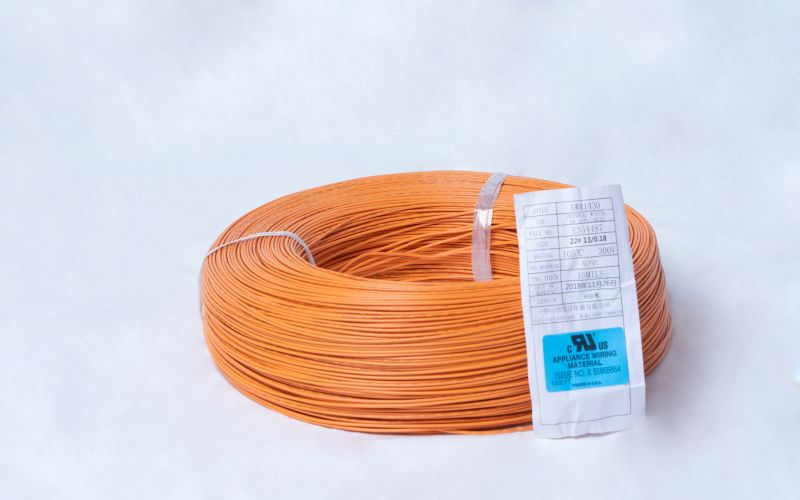In the world of electrical wiring, there are a variety of options available. Two popular choices for insulation material are silicone and polyvinyl chloride (PVC). While both have their benefits and drawbacks, it is essential to understand how silicone wire compares to traditional PVC wiring. This article aims to provide a comprehensive analysis of the advantages and disadvantages of silicone wire over PVC wiring.
1. Temperature Resistance
Silicone wire is known for its excellent temperature resistance properties. It can withstand extreme temperatures ranging from -60°C to 200°C without losing its flexibility or performance. On the other hand, PVC wiring has a limited temperature range and may become brittle or melt when exposed to high temperatures. This makes silicone wire the preferred choice in applications that require resistance to heat, such as in industrial settings or automotive applications.
2. Flexibility and Durability
Silicone wire offers superior flexibility compared to PVC wiring. Its high-quality silicone insulation enables easy bending and routing, making it ideal for applications where tight spaces or complex configurations are involved. Additionally, silicone wire is highly durable and resistant to aging, chemicals, and UV exposure. PVC wiring, while relatively durable, may become stiff over time and prone to cracking, especially in harsh environments. Silicone wire is therefore more reliable and long-lasting in such conditions.

3. Electrical Performance
When it comes to electrical performance, silicone wire has a slight edge over PVC wiring. Silicone's low dielectric constant and low power loss characteristics help minimize voltage drop and signal loss, resulting in improved overall efficiency. PVC wiring, although widely used and adequate for many applications, may have higher resistance and higher power loss, particularly in long-distance transmission or high-frequency applications.
4. Safety and Insulation
Both silicone wire and PVC wiring provide adequate electrical insulation. However, silicone wire offers several safety advantages. It is less likely to catch fire or emit toxic gases when exposed to high temperatures or flames compared to PVC wiring. Silicone wire also has a higher breakdown voltage, providing an additional safety margin in case of overvoltage or power surges. These safety features make silicone wire suitable for critical applications or environments where fire hazards are a concern.
5. Cost and Availability
PVC wiring is generally more cost-effective and widely available compared to silicone wire. PVC is a commonly used material in electrical insulation, making it more accessible and affordable in most regions. Silicone wire, however, tends to be more expensive due to its superior properties and specialized applications. The availability of silicone wire may also be limited in certain areas, especially for large-scale projects or standard electrical installations.
6. Environmental Considerations
From an environmental perspective, silicone wire is considered more eco-friendly compared to PVC wiring. PVC is known for its use of chlorine-based compounds and the release of toxic gases during manufacturing or incineration. Silicone, on the other hand, is derived from silica, which is abundant and has a lower environmental impact. Additionally, silicone wire can be recycled, reducing waste and minimizing the overall carbon footprint.
Summary
In conclusion, silicone wire offers several advantages over traditional PVC wiring. Its temperature resistance, flexibility, durability, improved electrical performance, and enhanced safety make it a preferred choice for demanding applications, despite being slightly more expensive. However, PVC wiring still holds its ground in terms of cost-effectiveness and widespread availability. Ultimately, the choice between silicone wire and PVC wiring depends on the specific requirements of the project and the environment in which it will be used.


